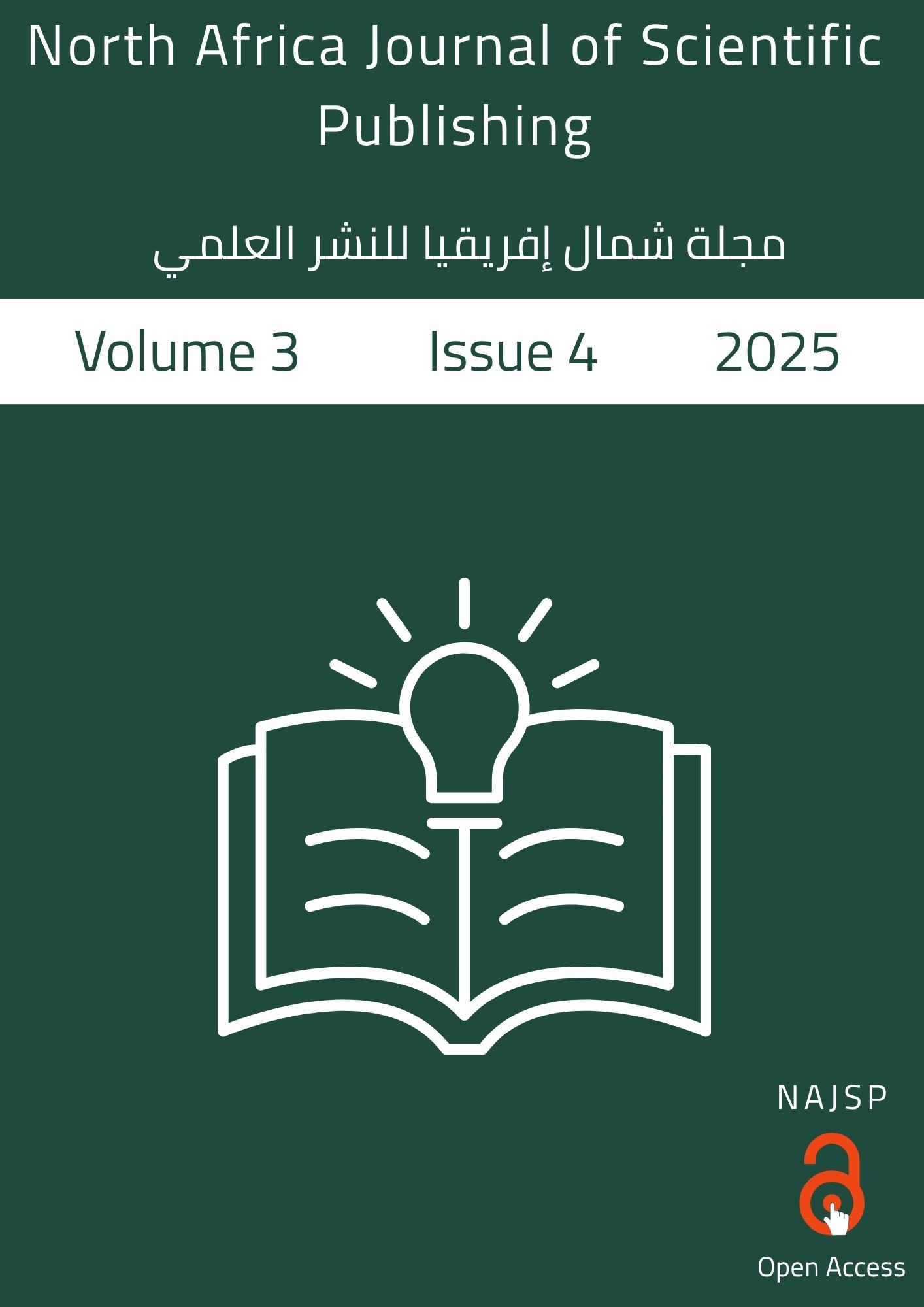The Harmful Effects of Aspartame as a Food Additive on Some Body Organs in Laboratory Animals: A Review Study
DOI:
https://doi.org/10.65414/najsp.v3i4.656Keywords:
Aspartame, Liver, Kidney, Testis, Artificial Sweetener, Laboratory AnimalsAbstract
Aspartame is among the most frequently used synthetic sweeteners worldwide, appreciated for its intense sweetness and negligible caloric content. Structurally, it consists of a dipeptide formed by the combination of aspartic acid and methyl ester of phenylalanine. During metabolism, it breaks down into three primary components: aspartic acid, phenylalanine, and methanol. Prolonged or excessive intake of these metabolites has been linked to various toxic responses and potential carcinogenic risks.The present review aims to consolidate findings from experimental animal studies concerning the harmful impacts of aspartame on vital organs, particularly the liver, kidneys, and testes, with attention to both physiological alterations and histopathological manifestations. Reported data indicate a marked elevation in hepatic enzyme activities (AST, ALT, ALP) and renal function indicators (urea, creatinine, uric acid), as well as disturbances in electrolyte balance (Na⁺, K⁺, Ca²⁺). In contrast, a reduction in reproductive hormones (FSH, LH, and testosterone) was consistently observed when compared with control groups.Histopathological assessments revealed noticeable degenerative and necrotic lesions in hepatic, renal, and testicular tissues, manifested as cellular degeneration, vascular congestion, inflammatory infiltration, and atrophy of seminiferous tubules. Overall, the available evidence demonstrates that aspartame exerts toxic effects that are dependent on both dose and duration of exposure. The study emphasizes the necessity for further in-depth research to elucidate the biochemical mechanisms underlying these toxicities and advocates for the adoption of safer natural sweetening alternatives.








